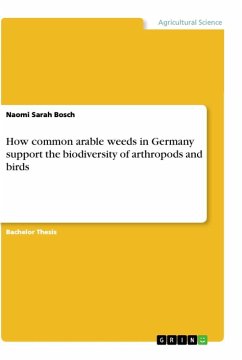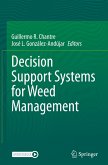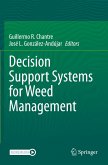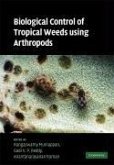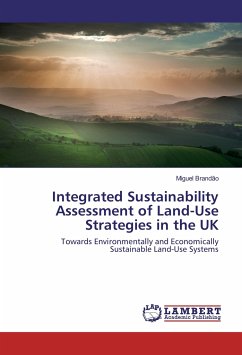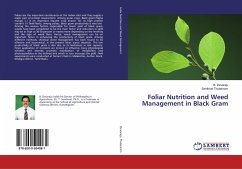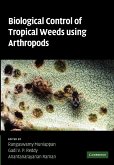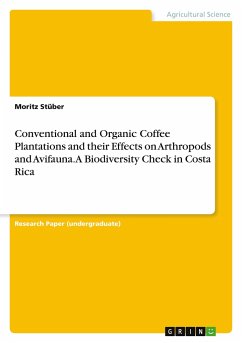Bachelor Thesis from the year 2020 in the subject Agrarian Studies, grade: 1,0, University of Rostock (Agrar- und Umweltwissenschaftliche Fakultät), language: English, abstract: In this thesis, the 51 arable weed species and 3 weed genera that are most common in Germany were reviewed for their provision of food and shelter for the fauna. Direct and indirect linkages between weeds and birds as well as phytophagous arthropods, agricultural pest arthropods, natural enemies and pollinators were counted based on data from published literature. A total of 5180 linkages was counted, of which 92 arthropod species were monophagous. Based on this, several weed species of particularly high biodiversity value were identified. The highest number of linkages with arthropods was found for Rumex acetosella, Cirsium arvense and Taraxacum officinale. For birds, Rumex officinalis, Raphanus raphanistra, Stellaria media, Spergula arvensis, Chenopodium album and the Polygonaceae genus were found to bekey food items.Where have all the flowers gone? The intensification of agriculture, with its more efficient weed control methods, has led to significant changes in agroecosystems. Since 1950, the biodiversity of arable weeds in crops has sunk by more than 70%. At the same time, arthropods and birds have been in steep decline across all taxa in Germany and beyond. The global biodiversity loss is occurring at an alarming rate, but what is the role of arable weeds in supporting biodiversity? And how can the knowledge of the ecological value of arable weeds be integrated into practical farming?Today, weeds are mainly regarded as economically damaging. The data from this thesis and a number of other studies indicate that a new approach to weed management is needed. Weeds do much more than impede crop production, as they support a wide range of ecosystem services.A model that takes the benefits of weeds both for biodiversity and farmers into account should be developed urgently. Several management suggestions are briefly reviewed here, but it will need a broad discussion among all stakeholders to bring about much-needed change in practical weed management and farming.
Hinweis: Dieser Artikel kann nur an eine deutsche Lieferadresse ausgeliefert werden.
Hinweis: Dieser Artikel kann nur an eine deutsche Lieferadresse ausgeliefert werden.

